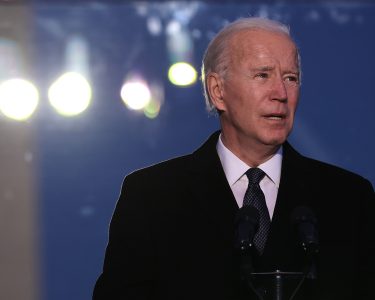Money has long played a significant role in American politics, influencing everything from who runs for office to how campaigns are conducted. In recent years, the amount of money in politics has increased dramatically, with some arguing that it has become a corrosive force that undermines the democratic process. In this article, we will explore the role of money in American politics.
One of the most significant ways in which money impacts American politics is through campaign finance. In the United States, campaigns for public office are largely funded by private donations, with individuals and corporations able to contribute unlimited amounts of money to political candidates and parties. This has led to concerns that wealthy donors have an outsized influence on the political process, as candidates may be more likely to prioritize the interests of their donors over those of the general public.
One consequence of this system is that political campaigns have become increasingly expensive. In recent years, the amount of money spent on federal elections has skyrocketed, with the 2020 presidential election costing an estimated $14 billion. This has led to concerns that only candidates with significant financial backing are able to compete effectively, leading to a lack of diversity in the pool of candidates who run for office.
Money also plays a significant role in the lobbying industry. Lobbyists are hired by individuals and organizations to influence the decisions of lawmakers and regulators. They are able to do so by leveraging their relationships with politicians, as well as by making campaign contributions to those in power. Critics argue that this system creates a culture of pay-to-play politics, in which those with the most money are able to shape policy in their favor.
Another way in which money influences politics is through the media. Campaigns often spend large amounts of money on advertising, with political ads appearing on television, radio, and social media platforms. These ads can be powerful tools for shaping public opinion, and candidates who are able to spend more on advertising may have an advantage in getting their message out to voters.
In recent years, there have been a number of efforts to reform campaign finance and reduce the role of money in American politics. The Bipartisan Campaign Reform Act, also known as the McCain-Feingold Act, was passed in 2002 and aimed to limit the influence of money in elections by banning soft money donations to political parties. However, the Supreme Court struck down key provisions of the law in the 2010 Citizens United decision, allowing corporations and unions to spend unlimited amounts of money on independent expenditures in support of political candidates.
There have also been efforts to create public financing systems for political campaigns, which would provide candidates with public funds in exchange for agreeing to certain spending limits. These systems have been adopted in some states and cities, with varying degrees of success.
In conclusion, the role of money in American politics is a complex and controversial issue. While some argue that it is necessary to ensure that candidates are able to compete effectively, others worry that it leads to a system in which the interests of the wealthy and powerful are prioritized over those of the general public. As the United States continues to grapple with this issue, it is important to consider a range of solutions that can help to ensure that our political system remains fair and democratic.




